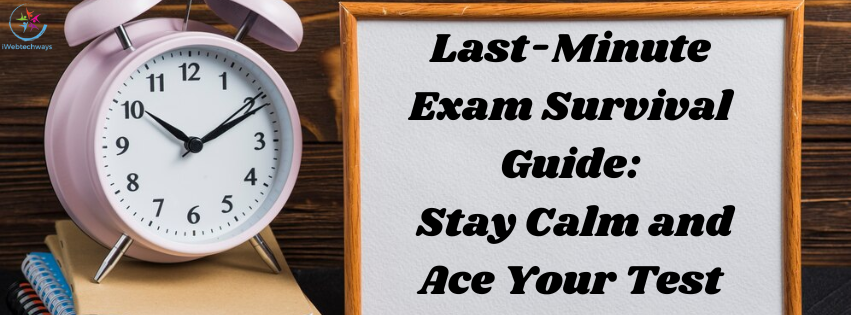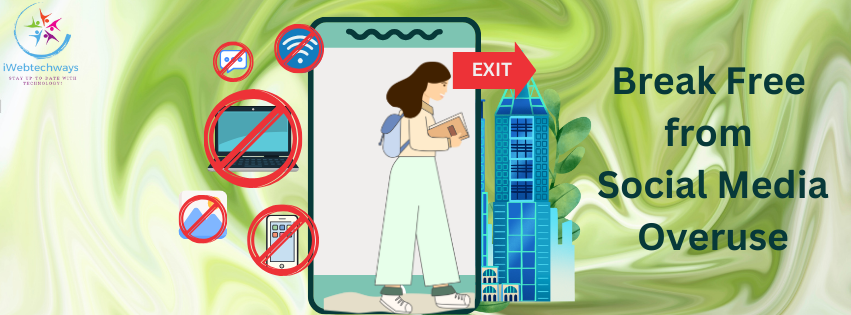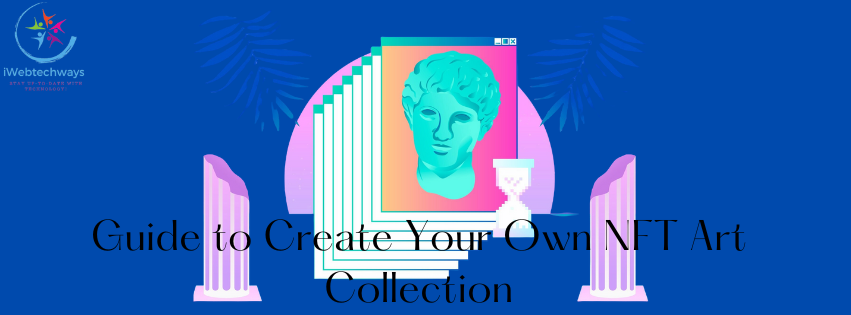In today’s fast-paced world, the ability to multitask effectively is highly valued. However, constantly juggling multiple tasks can lead to stress, decreased focus, and reduced productivity. In this article, we’ll explore the concept of mindful multitasking and provide strategies for achieving productivity while maintaining mental clarity and well-being.
- Understanding Mindful Multitasking:
- Define mindful multitasking as the practice of performing multiple tasks with full awareness and intention.
- Explain the importance of mindfulness in multitasking, emphasizing the need to stay present and focused on each task.
- Prioritize Tasks:
- Discuss the importance of prioritizing tasks based on urgency and importance.
- Provide tips for creating a daily or weekly task list and categorizing tasks based on priority.
- Set Clear Goals:
- Emphasize the significance of setting clear and achievable goals for each task.
- Discuss the SMART criteria (Specific, Measurable, Achievable, Relevant, Time-bound) for setting effective goals.
- Allocate Time Wisely:
- Recommend using time-blocking techniques to allocate dedicated time slots for specific tasks.
- Discuss the Pomodoro Technique, which involves working for a set period (e.g., 25 minutes) followed by a short break.
- Limit Distractions:
- Provide strategies for minimizing distractions, such as turning off notifications, setting boundaries with colleagues, and creating a distraction-free workspace.
- Emphasize the importance of single-tasking when focusing on critical or complex tasks.
- Practice Mindfulness Techniques:
- Introduce mindfulness techniques, such as deep breathing, body scans, and mindful walking, to cultivate focus and awareness.
- Recommend integrating short mindfulness exercises into breaks between tasks to reset and recharge.
- Embrace Technology Mindfully:
- Discuss the role of technology in multitasking and the potential drawbacks of constant connectivity.
- Encourage setting boundaries with technology use and practicing digital detoxes to promote mental clarity.
- Practice Self-Compassion:
- Highlight the importance of self-compassion in managing workload and productivity.
- Encourage embracing imperfection, taking breaks when needed, and practicing self-care to avoid burnout.
- Reflect and Adjust:
- Recommend regularly reflecting on multitasking habits and productivity levels.
- Encourage adjusting strategies as needed based on feedback and personal experience.
Conclusion: Mindful multitasking is about finding balance and intentionality in our work habits. By prioritizing tasks, setting clear goals, allocating time wisely, and practicing mindfulness techniques, we can enhance productivity while maintaining mental well-being. Remember to embrace self-compassion and adjust strategies as needed to create a sustainable approach to multitasking in your daily life.










